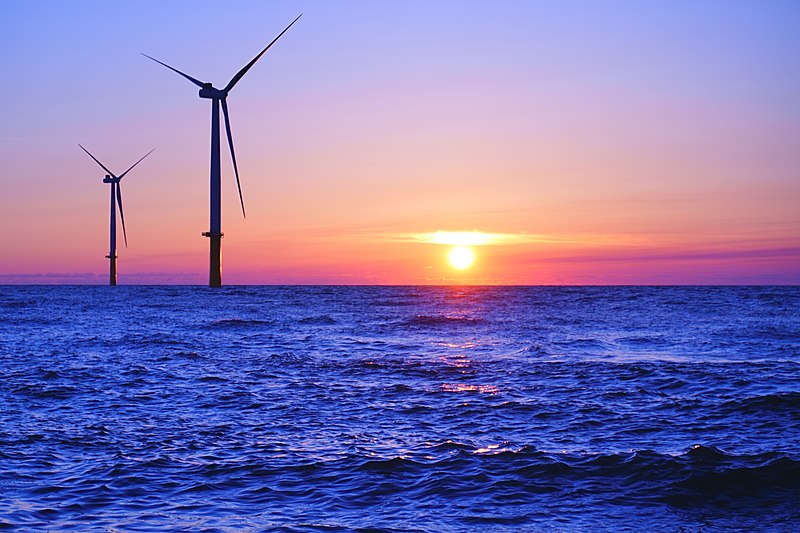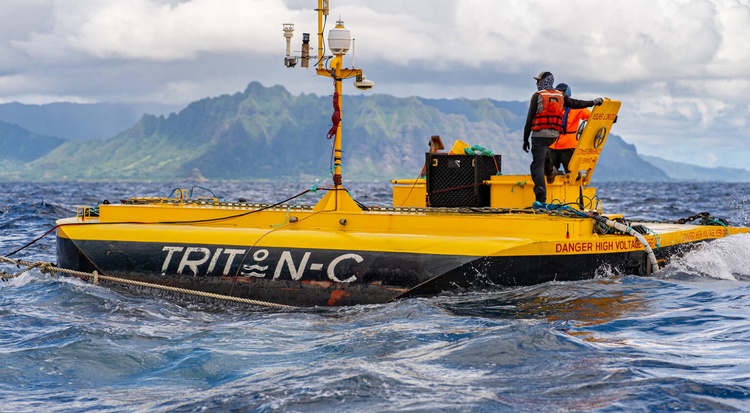October 17 NEC Energy News
¶ “Scotland’s Biggest Offshore Wind Farm At Full Power” • The biggest offshore wind farm off Scotland has begun operating at full capacity. Seagreen, off the Angus coast, can generate enough electricity to power two-thirds of Scotland’s households. The £3 billion project, comprising 114 giant turbines, has been more than a decade in the making. [BBC]

¶ “Nukes, Climate Change Are Both Threats, Say Activists” • The activists opposed to nuclear energy are warning people not to be fooled by an industry that says it can save the world from climate change. The activists bill both greenhouse gas emissions and the combination of nuclear waste and arms proliferation as the two biggest threats of our time. [Penticton Herald]
¶ “EU Ministers Back Near Phaseout Of Diesel Trucks” • EU environment ministers backed CO₂ targets for trucks proposed by the EU Commission. Manufacturers will have to reduce the average emissions of new freight trucks by 45% in 2030 and 90% in 2040. The ministers rejected proposed loopholes for e-fuels and biofuels. [CleanTechnica]
¶ “New Wave Energy Devices To Suck Clean Kilowatts From The Seven Seas” • Building a better mousetrap could catch attention, but if that is out of reach, the next best thing is to build a better wave energy converter. Most of the activity is still taking place in the experiment-and-demonstrate phase, but the US Navy is one of those cheering hard. [CleanTechnica]

¶ “New Brunswick And Nova Scotia Strike Deal With Ottawa On Phasing Out Coal And Creating A Green Energy Grid By 2030” • The governments of New Brunswick and Nova Scotia have got approval from the federal government for their plans to increase the use of renewable energy and stop using coal to generate electricity by 2030. [CBC]
¶ “Record-Low Water Levels Recorded Along The Mississippi River During Prime Season To Ship Grain” • Mississippi River water levels reached record lows from Missouri to Arkansas, preventing shipments of grain and other goods from making their way downriver during one of the busiest times of year, National Weather Service data shaows. [ABC News]
For more news, please visit geoharvey – Daily News about Energy and Climate Change.
